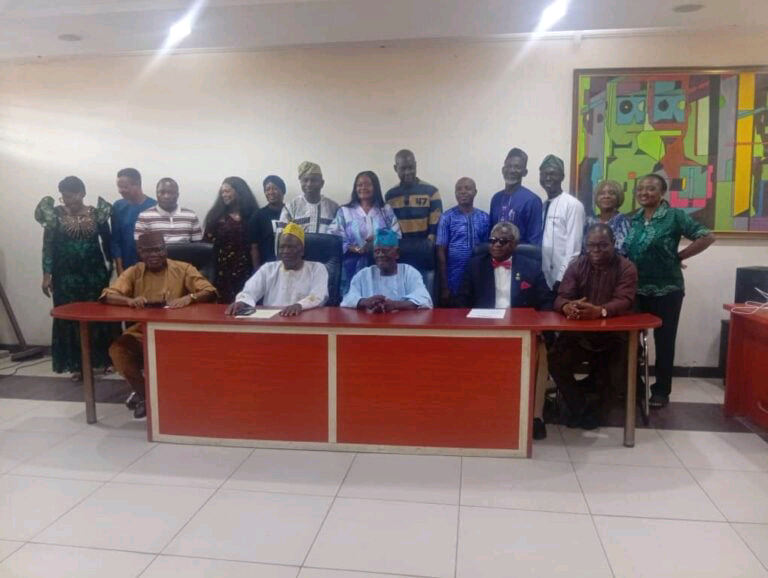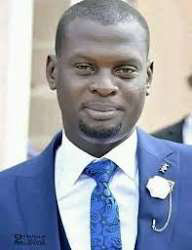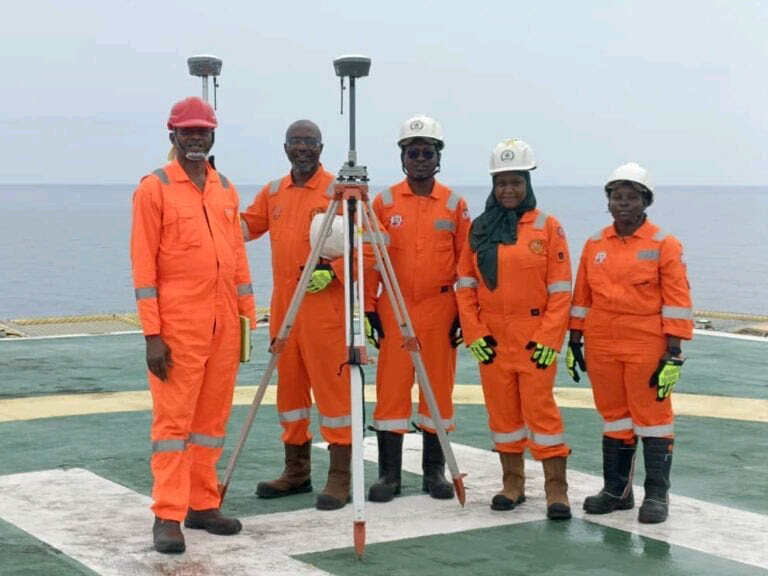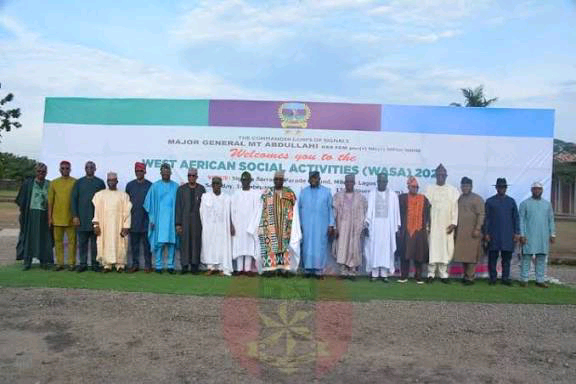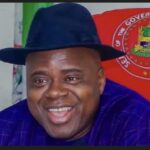Christian Genocide’ Claim Fueled by Foreign Interests in Nigeria Began 2016, Says Bwala
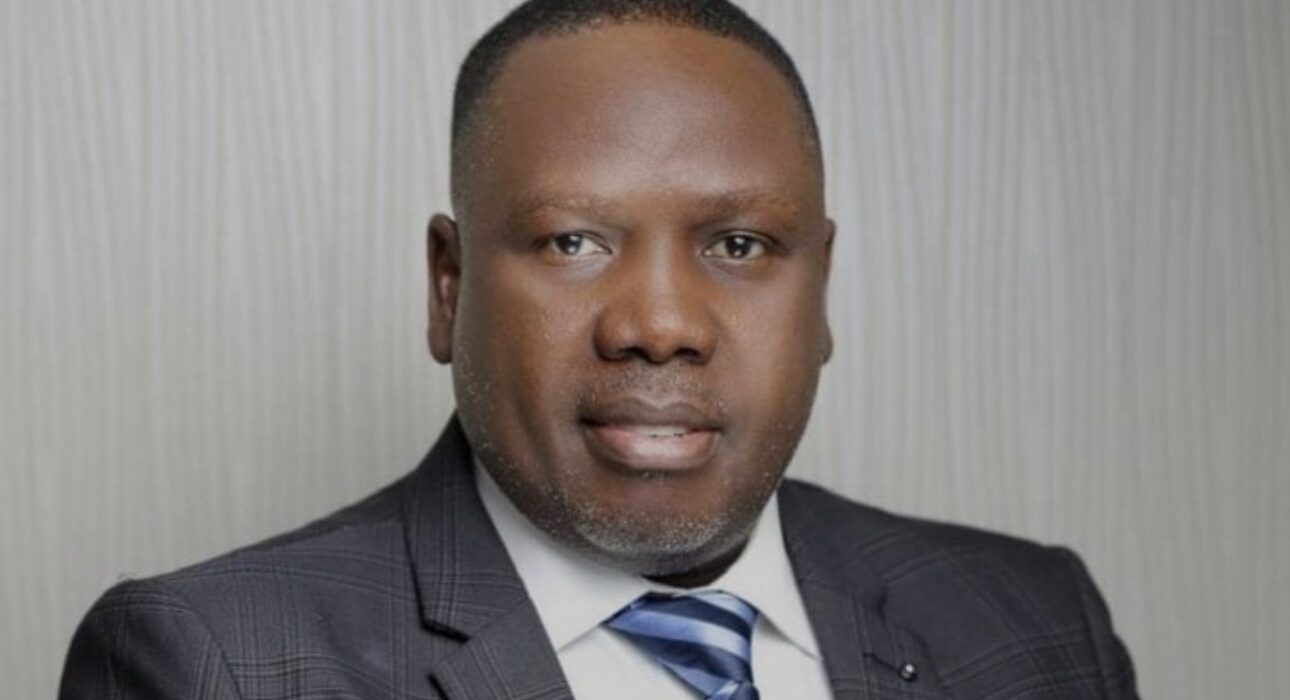
Nigeria’s presidential aide, Daniel Bwala, has dismissed allegations of a “Christian genocide” in the country, insisting that the narrative is politically motivated and rooted in misinformation.
Bwala, who serves as Special Adviser to President Bola Tinubu on Policy Communication, said the claim was first propagated around 2016 by foreign groups with vested interests and has since been amplified by Western media and politicians.
Speaking in response to U.S. President Donald Trump’s recent threat to deploy American troops to Nigeria to “protect Christians,” Bwala argued that the assertion of a targeted extermination of Christians in Nigeria is false.
According to him, the insecurity facing the country affects Nigerians of all faiths and backgrounds, not one particular religious group.
“The so-called Christian genocide claim did not originate from facts on the ground,” Bwala said in a statement. “It started as a propaganda tool in 2016, pushed by certain lobby groups seeking to influence U.S. foreign policy toward Nigeria. These narratives are often revived whenever Nigeria takes a position on sensitive international issues, like the Israel–Palestine conflict.”
Bwala accused external actors of weaponising religion to undermine Nigeria’s image and strain its diplomatic ties. He maintained that the violence across the country stems from criminality, insurgency, and banditry, rather than religious persecution.
“Our security challenges are complex, but they are not faith-driven,” he said.
His comments came after Trump accused the Nigerian government of failing to protect Christians, alleging widespread killings by Islamist militant groups. Trump’s statement, made during a political rally in Texas, sparked global reactions and drew condemnation from Nigerian officials, who described it as reckless and misleading.
The Christian Association of Nigeria (CAN), however, disagreed with Bwala’s position, arguing that Christians in certain regions, particularly in the Middle Belt and northern Nigeria, have suffered targeted attacks.
CAN urged the government not to dismiss the experiences of affected communities and called for stronger measures to protect all citizens.
Analysts note that the controversy reflects deeper tensions between Nigeria’s internal security narrative and how it is perceived abroad.
While international observers often view the conflict through religious lines, local experts argue that it is more accurately described as a mixture of terrorism, economic desperation, and ethnic rivalry.
For the Tinubu administration, Bwala’s remarks serve both as a defence of Nigeria’s sovereignty and as a rejection of foreign interference. “No country,” he said, “should allow outsiders to define its internal affairs through the lens of propaganda.”
The debate over whether Nigeria is witnessing a “Christian genocide” remains unresolved, but Bwala’s statement underscores the government’s firm stance that the narrative is unfounded and politically manipulated — one that began, he says, as far back as 2016 and continues to resurface whenever global politics intersect with Nigeria’s internal challenges.


